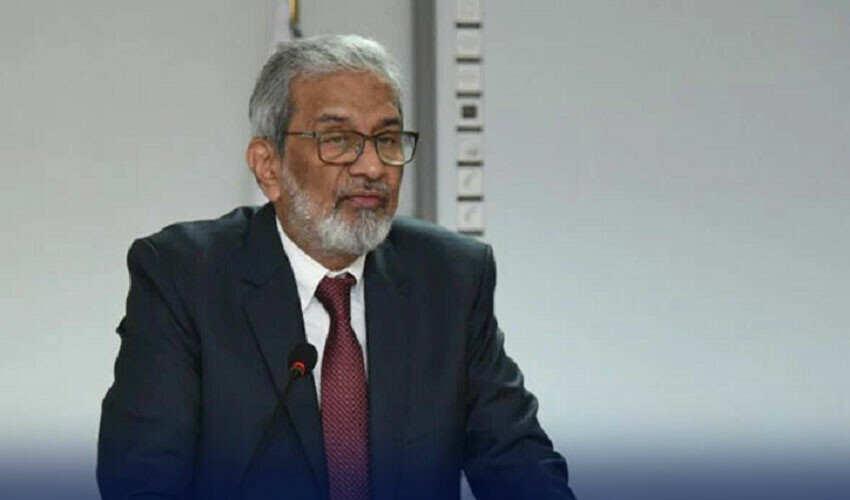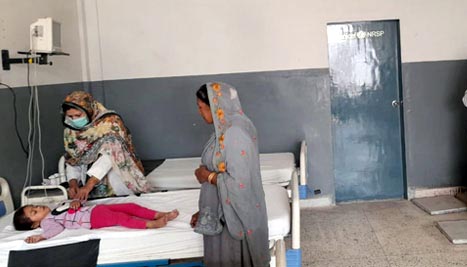Justice (Retd) Maqbool Baqar Declines Supreme Court Ad Hoc Judge Appointment

Islamabad: Former Chief Justice (Retd) Maqbool Baqar has apologized for accepting the appointment as an ad hoc judge of the Supreme Court due to personal commitments. According to details, the Supreme Court had proposed the appointment of 4 ad hoc judges, but Justice (Retd) Maqbool Baqar, listed in the nominations, expressed regret and cited personal commitments as the reason for his withdrawal.
In his statement, Justice (Retd) Maqbool Baqar mentioned that he cannot accept the responsibilities of an ad hoc judge due to personal and professional engagements. He emphasized that criticism regarding ad hoc judgeships is unwarranted as it is a constitutional provision. Justice Baqar further stated that if it weren’t for personal and professional constraints, he would have gladly accepted the nomination. He commended the two judges who have accepted the ad hoc judge position.
Earlier on July 16, former Supreme Court Judge Justice Mushir Alam also declined the ad hoc judge appointment and informed the Judicial Commission through a letter. Justice Alam’s letter highlighted his disappointment over the social media campaign launched following his nomination, expressing his reluctance to serve as an ad hoc judge under current circumstances.
Chief Justice Qazi Faez Isa has scheduled a Judicial Commission meeting for July 19 to finalize the appointment of ad hoc judges. “Appointment of ad hoc judges is permissible under the constitution,” reiterated Law Minister Barrister Nazeer Tarar during an interview today. He emphasized that such appointments are within the legal framework and essential for reforms in the judicial system.
Meanwhile, Pakistan Tehreek-e-Insaf (PTI) Chairman Barrister Gohar announced PTI’s decision to approach the Supreme Judicial Council regarding the issue of ad hoc judges during the holidays. Criticizing the Supreme Court’s decision to bring in 4 ad hoc judges for a term of 3 years simultaneously, he termed it a disgrace.
The situation regarding the appointment of ad hoc judges continues to develop amid legal and constitutional discussions, highlighting ongoing reforms within the judiciary.






